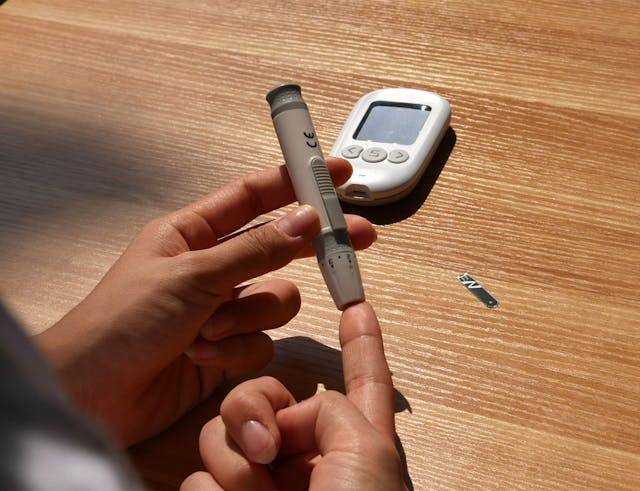Diabetes is a chronic condition that affects how your body processes blood sugar (glucose). While it may seem overwhelming at first, managing diabetes effectively can lead to a healthier and more fulfilling life. With the right lifestyle choices and medical guidance, you can keep your blood sugar levels under control and reduce the risk of complications.
Understanding Diabetes
There are three main types of diabetes:
- Type 1 Diabetes: An autoimmune condition where the body does not produce insulin. It often develops in childhood or adolescence.
- Type 2 Diabetes: The most common form, where the body becomes resistant to insulin or doesn’t produce enough of it. This type is often linked to lifestyle factors.
- Gestational Diabetes: Develops during pregnancy and usually resolves after childbirth, though it increases the risk of developing type 2 diabetes later.
Tips for Managing Diabetes
1. Follow a Balanced Diet
Eating a balanced diet is crucial for managing diabetes.

- Focus on whole grains, lean proteins, and plenty of vegetables.
- Limit sugary snacks and processed foods.
- Pay attention to portion sizes to avoid blood sugar spikes.
- Include healthy fats from sources like avocados, nuts, and olive oil.
2. Monitor Blood Sugar Levels
Regular blood sugar monitoring helps you understand how your body responds to food, exercise, and medication.
- Keep a log of your readings to share with your healthcare provider.
- Use continuous glucose monitoring (CGM) devices if recommended.
3. Stay Active
Physical activity plays a significant role in managing diabetes.

- Aim for at least 150 minutes of moderate exercise per week.
- Activities like walking, cycling, or yoga can help stabilize blood sugar levels.
- Always check your blood sugar before and after exercising to ensure it’s within a safe range.
4. Take Medications as Prescribed
Medication can help manage blood sugar levels when lifestyle changes aren’t enough.
- Follow your doctor’s instructions for insulin or oral medications.
- Never skip doses, even if your blood sugar seems stable.
5. Manage Stress
Stress can impact blood sugar levels.
- Practice relaxation techniques like deep breathing, meditation, or gentle stretching.
- Engage in hobbies that bring you joy.
- Seek professional help if stress becomes overwhelming.
6. Get Regular Check-ups
Routine medical visits help monitor your overall health and catch potential complications early.
- Schedule regular appointments with your healthcare provider.
- Don’t skip annual eye exams, foot checks, and screenings for other diabetes-related conditions.
Recognizing and Handling Blood Sugar Emergencies
Low Blood Sugar (Hypoglycemia)
- Symptoms: Dizziness, sweating, shakiness, confusion.
- Solution: Consume fast-acting carbohydrates like fruit juice or glucose tablets.
High Blood Sugar (Hyperglycemia)
- Symptoms: Increased thirst, frequent urination, fatigue.
- Solution: Drink water and follow your healthcare provider’s advice.
Long-Term Benefits of Proper Diabetes Management
Effective diabetes management can:
- Reduce the risk of heart disease, kidney problems, and nerve damage.
- Improve energy levels and mood.
- Enhance your quality of life and overall well-being.
Final Thoughts
Living with diabetes doesn’t mean you have to give up a healthy and active life. By making thoughtful lifestyle changes, monitoring your condition, and seeking regular medical care, you can manage diabetes effectively.
Looking for expert guidance on diabetes management? Visit us at Evolve Well Healthcare for personalized support and care tailored to your needs.


Comments are closed